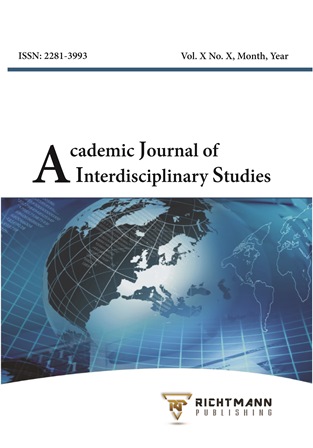Technological Pedagogical Content Knowledge for Professional Teacher Development
DOI:
https://doi.org/10.36941/ajis-2023-0015Keywords:
technological pedagogical content knowledge, professional teacher development, education, technology, pedagogyAbstract
Technological pedagogical content knowledge (TPACK) is a knowledge that extends beyond the conventional categories of the three “core” areas of education (pedagogy, content, and technology). Not every classroom, subjects, or pedagogical philosophy can benefit from the same technology tools. To improve teaching quality, teachers in any field should participate in professional development programs to learn about and use novel approaches to content distribution, assessment, and documentation. Technology-enhanced education is a challenging, systematized endeavor. When it comes to incorporating technology in the classroom, there is no optimal approach. There is a need for a method that regards teaching as a dialogue between instructors’ knowledge and their classroom practices. There are three pillars around which excellent technology-based instruction is built: subject matter, instructional methods, and available technology tools. All the differences in how much and how well schools use technology in the classroom can be traced back to these three interrelated factors. Therefore, teachers must be familiar with the strengths and limitations of various educational resources. This paper aims to provide the basic concept and significance of professional teacher development and analyze TPACK as a key to successful professional teacher development. Finally, it explains how the TPACK is used in many disciplines to improve students’ academic excellence and teachers’ TPACK in subjects such as science, English, social studies, and mathematics.
Received: 11 November 2022 / Accepted: 26 December 2022 / Published: 5 January 2023
Downloads
Downloads
Published
Issue
Section
License

This work is licensed under a Creative Commons Attribution-NonCommercial 4.0 International License.
This work is licensed under a Creative Commons Attribution-NonCommercial 4.0 International License.








